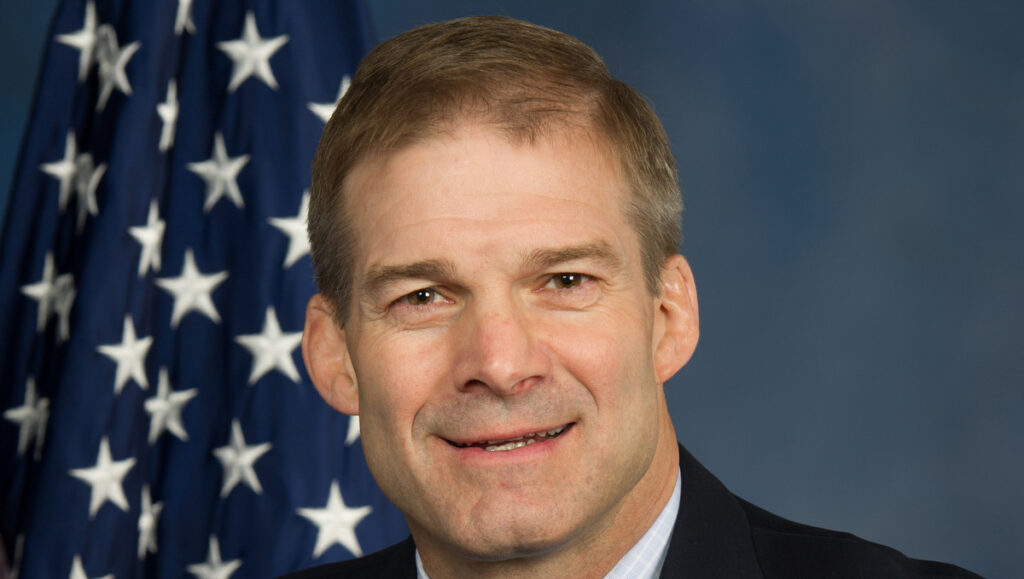This story originally appeared on The Center Square.
A prominent Ohio congressman is calling on new regulations to restrain the federal government’s use of facial recognition technology.
“Increasingly, local, state and federal government entities are utilizing facial recognition technology under the guise of law enforcement and public welfare, but with little to no accountability,” U.S Rep. Jim Jordan, R-Ohio, said during a House Oversight Committee hearing Wednesday.
“With this technology, the government can capture faces in public places, identify individuals, which allows the tracking of our movements, patterns and behavior,” Jordan added. “All of this is currently happening without legislation to balance legitimate government functions with American civil liberties. That must change.”
Jordan made his remarks at a hearing targeting commercial applications of the technology. Saying he does not want to hamper technological advancement in the private sector, Jordan said he intends to pursue legislation that would lead to transparency and accountability about the federal government’s purchase and use of the technology.
“The urgent issue we must tackle is reining in the government’s unchecked use of this technology when it impairs our freedoms and our liberties,” Jordan said.
“This issue transcends politics,” he added. “It doesn’t matter if it’s a President Trump rally or a Bernie Sanders rally. The idea of American citizens being tracked and cataloged for merely showing their faces in public is deeply troubling. It is imperative that Congress understands the effects of this technology on our constitutional liberties.”
A host of privacy, security and accuracy concerns surround the increasing use of facial recognition technology both by governments and private organizations. In December, the National Institute of Standards and Technology issued a report examining commercial vendors and their use of facial recognition systems.
“Across demographics, false positive rates often vary by factors of 10 to beyond 100 times,” the report concluded.
The Oversight Committee held a hearing on the topic last May, looking into how facial recognition technology can impact citizens’ civil liberties. Lawmakers held another meeting on the subject in June probing how federal law enforcement agencies use facial recognition technology and the need for oversight and regulation.
U.S. Rep. Jimmy Gomez, D-California, who in 2018 was one of 28 members of Congress misidentified by Amazon’s facial recognition program, noted the technology is being used in a multitude of applications and not limited to law enforcement.
“At the same time, this technology is fundamentally flawed,” Gomez said. “…This issue probably doesn’t rank in the top three issues of any American … but as it continues to be used and it continues to have issues, there’ll be more and more people who are misidentified and more and more people who are questioning if their liberties and their freedoms are starting to be impacted for no fault of their own, just some algorithm misidentified them as somebody who committed a crime in the past.”
